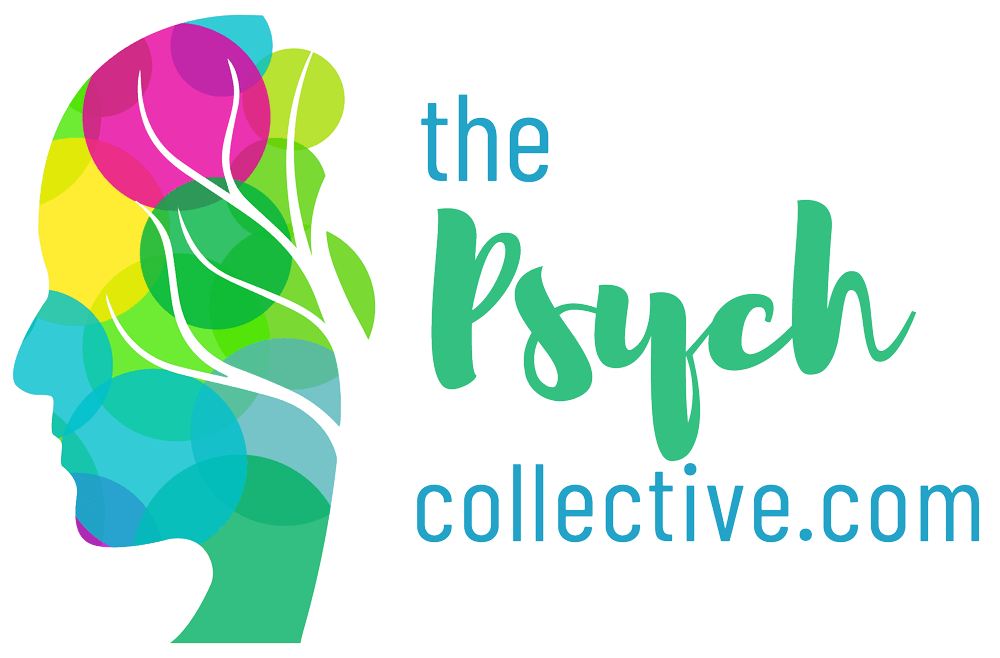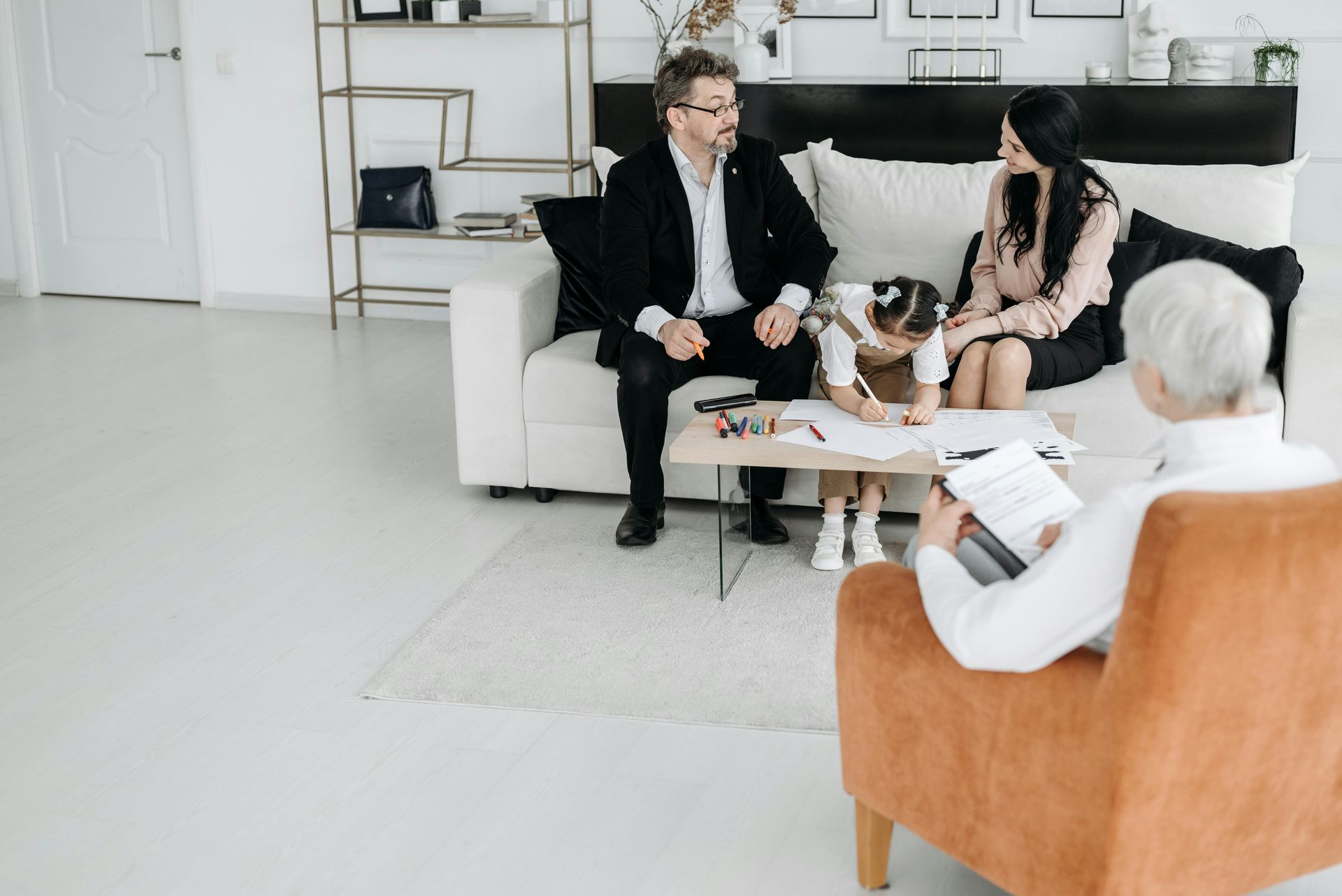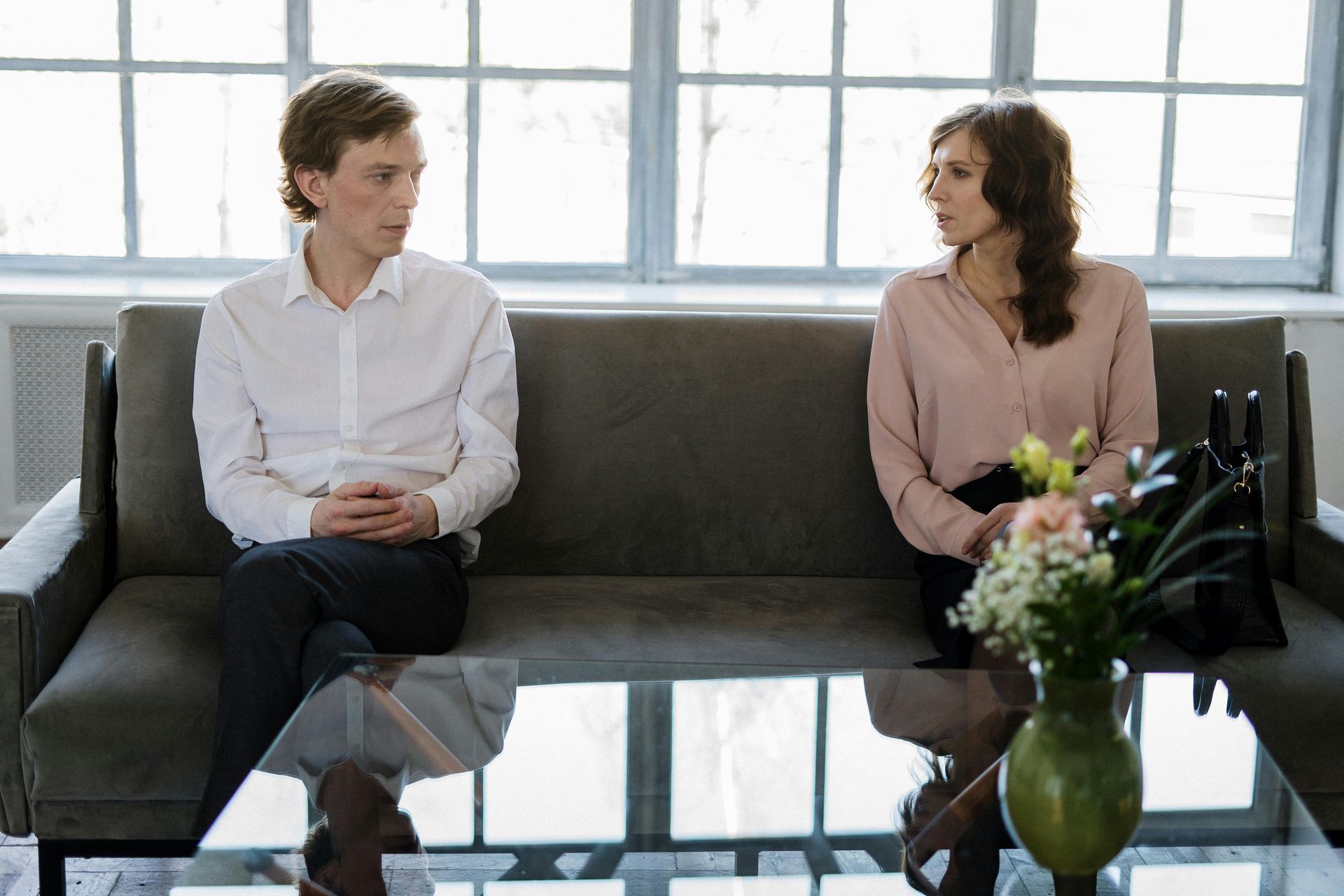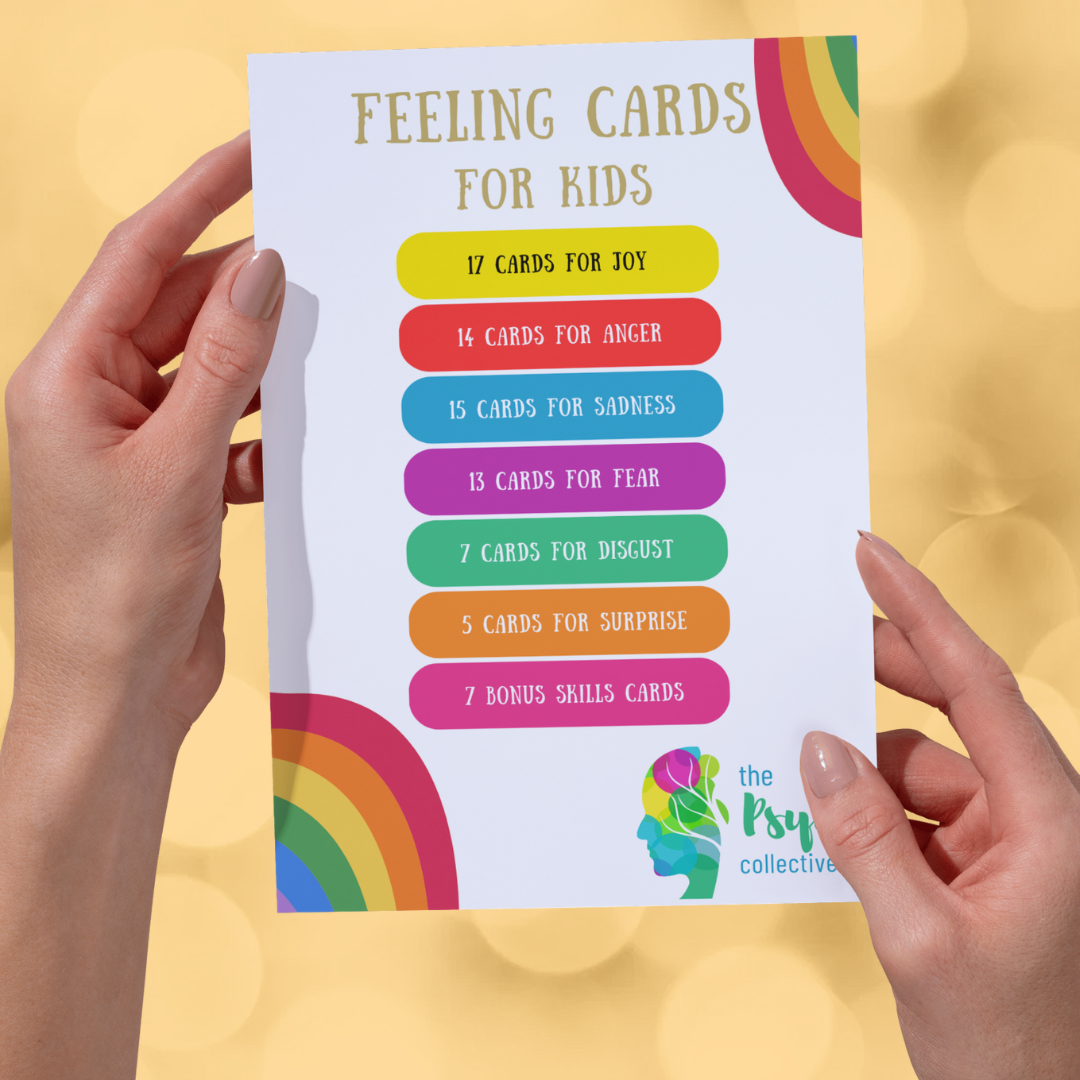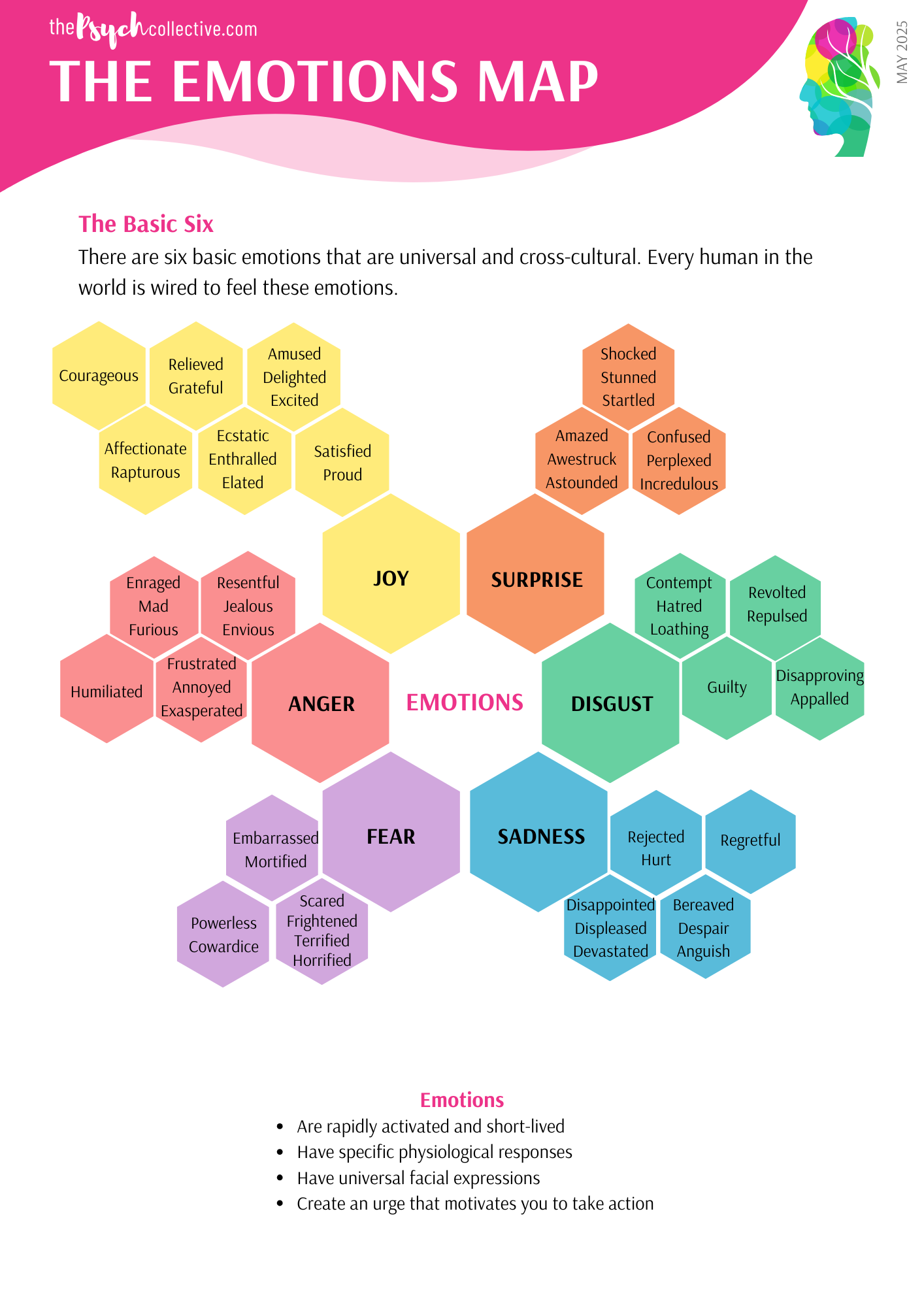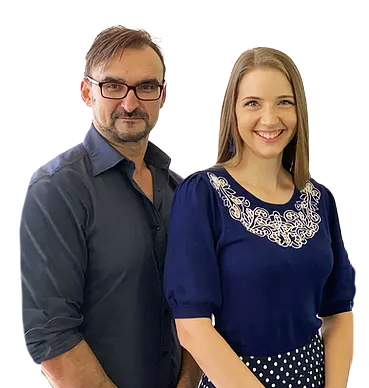Healing After Infidelity: How to Rebuild Trust using Couples Counselling
Recovering from Betrayal
Discovering an affair can feel like being thrown onto an emotional rollercoaster. Shock, anger, grief, and confusion often overwhelm both partners. The betrayed partner may find themselves ruminating, asking, “How could my partner do this?” or “How can I ever trust them again?” Meanwhile, the partner who strayed may struggle with guilt, shame, or fear that trust can never be restored, no matter what they do.
Infidelity is one of the most challenging events a relationship can endure. However, healing after betrayal is possible, and relationships can recover with intentional effort, patience, and support.
Understanding Trust After Betrayal
Trust is often misunderstood as simply a belief or feeling. As Dr. John Gottman explains in his book The Science of Trust, trust is built through consistent, reliable actions over time. In other words, trust isn’t restored instantly, it is earned step-by-step, day-by-day.
Rebuilding trust after an affair requires both partners to lean into the work of repair:
- The betrayed partner processes their pain, communicates needs, and sets healthy boundaries.
- The unfaithful partner commits to transparency, accountability, and attunement, demonstrating that they are reliable and trustworthy through consistent actions.
This mutual commitment to repair forms the foundation for emotional healing and relational growth.
Skills and Strategies for Healing
In therapy, couples learn practical, evidence-based strategies to move past mistrust and re-establish connection. Some key approaches include:
- Repair Attempts – Understanding how to apologise sincerely, make amends, and respond constructively to each other’s emotional needs.
- Creating Safety Through Honesty – Sharing information transparently, including rebuilding routines of check-ins, and fostering openness in difficult conversations.
- Step-by-Step Rebuilding of Emotional Connection – Using structured exercises to restore intimacy, appreciation, and shared meaning.
Even when emotions run high, these strategies help couples shift from a cycle of hurt and blame toward trust, understanding, and mutual support.
Challenges and Opportunities
Healing after an affair is not linear. There will be setbacks, emotional triggers, and moments of doubt. The process can feel slow, and both partners must be willing to engage with patience and empathy.
However, research and clinical experience show that couples who commit to the process often emerge stronger than before. Many partners report deeper emotional intimacy, improved communication, and a more resilient partnership once trust has been rebuilt. Infidelity, while painful, can become an opportunity for growth when approached with intention, honesty, and professional guidance.
How We Can Help You
As a therapist trained in the Gottman Method, Laura Marett works with couples to navigate the aftermath of betrayal in a structured, compassionate way. Therapy provides:
- A safe space to explore emotions, express needs, and repair relational damage
- Guided exercises to restore trust, strengthen friendship, and rebuild emotional connection
- Practical tools for improving transparency, accountability, and ongoing communication
With the right support, couples can move from mistrust and disconnection toward a healthier, more resilient relationship.
Need Some Help to Build Your Relationship?
If you’re seeking marriage counselling in Wollongong, couples therapy after infidelity, or guidance to rebuild trust in your relationship, evidence-based strategies like the Gottman Method can help you heal and reconnect with your partner.
Call The Psych Collective Clinic to make an appointment with Laura Marett for couples therapy.
Share
Categories
About Our Resources
We offer actionable resources and teach real skills to help people make meaningful change in managing mental health issues through different modes depending on people's learning preferences including infographics, text, worksheets, handouts and video.
